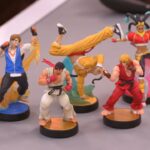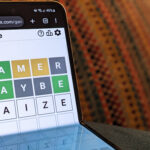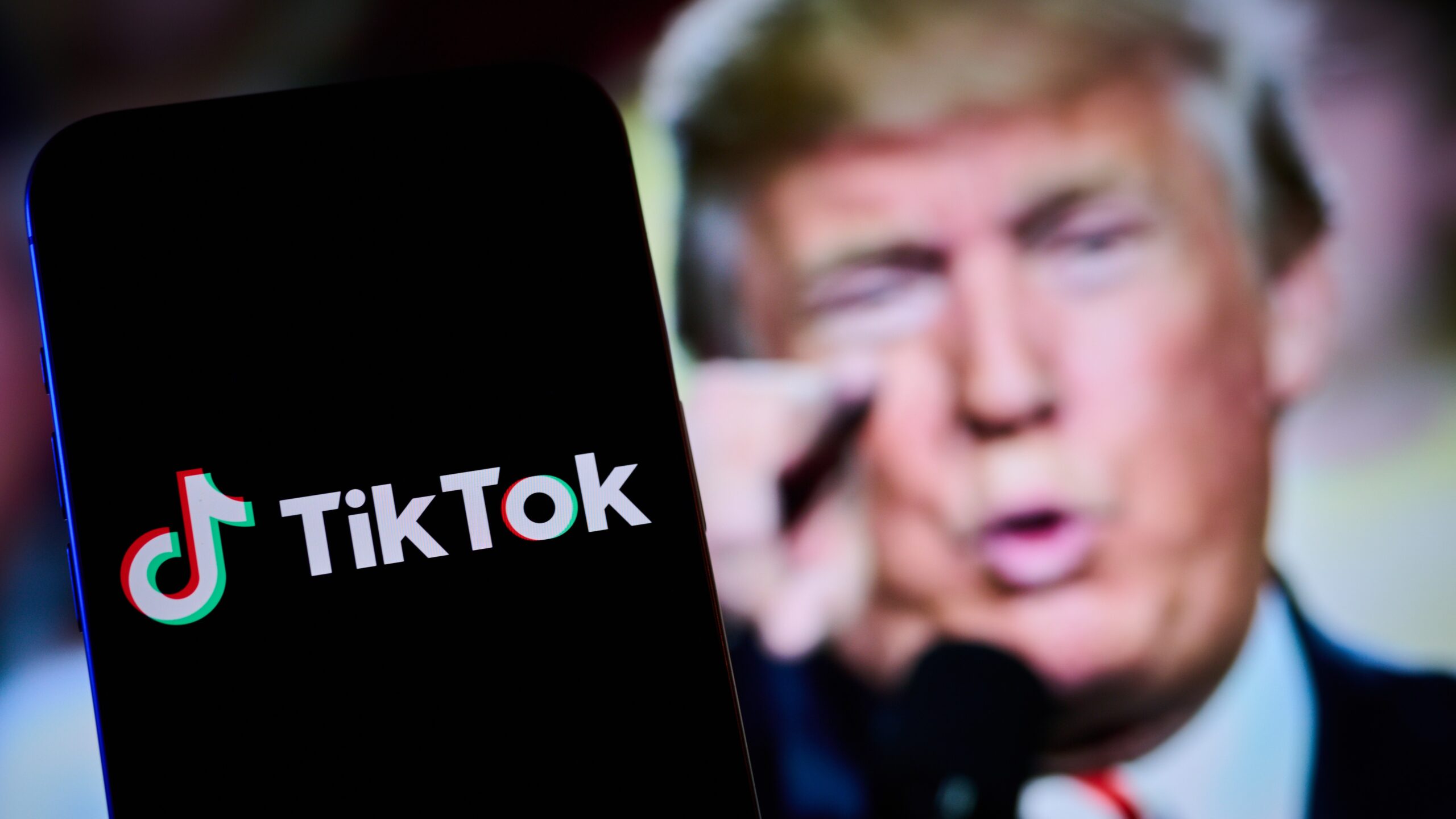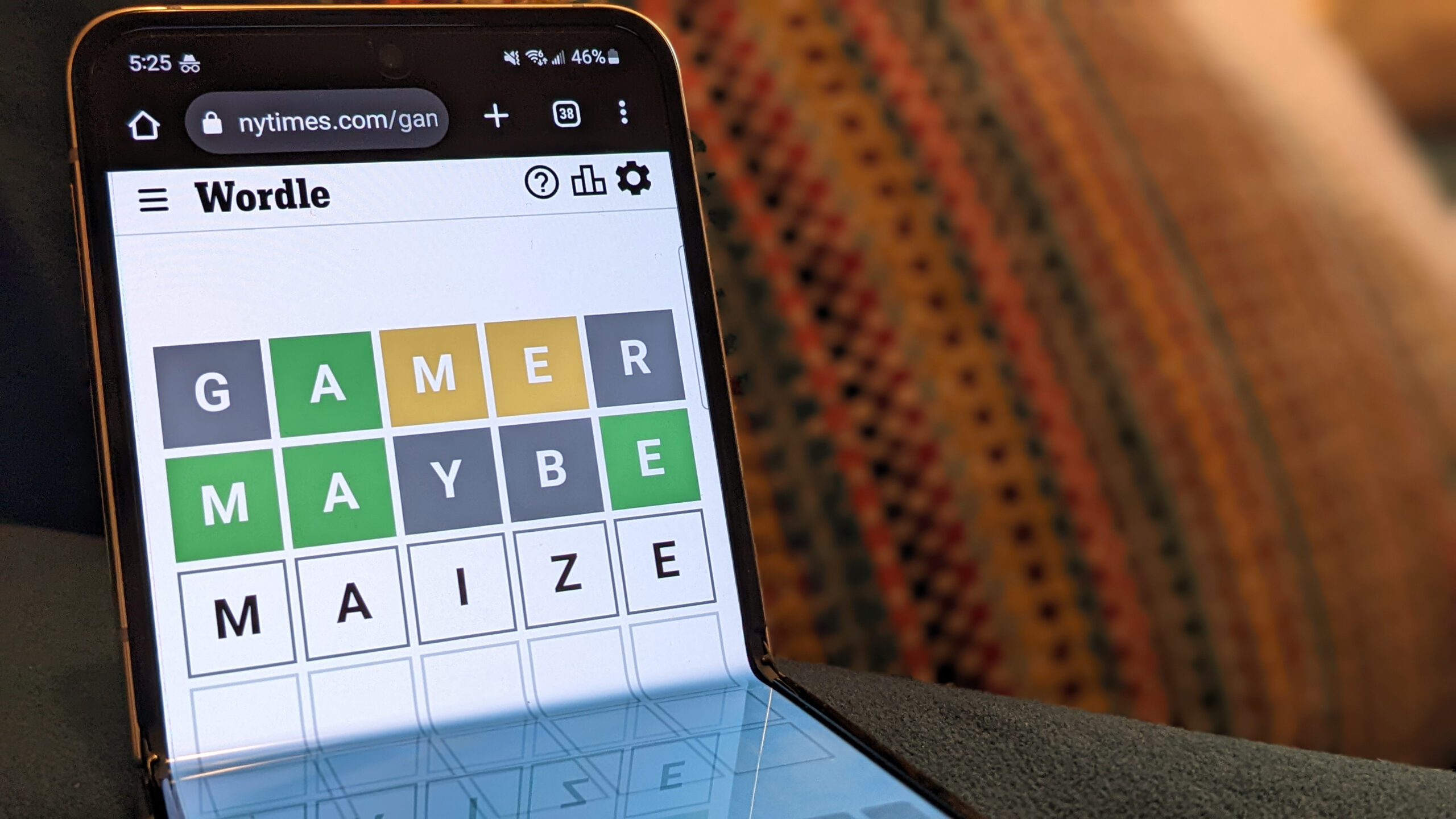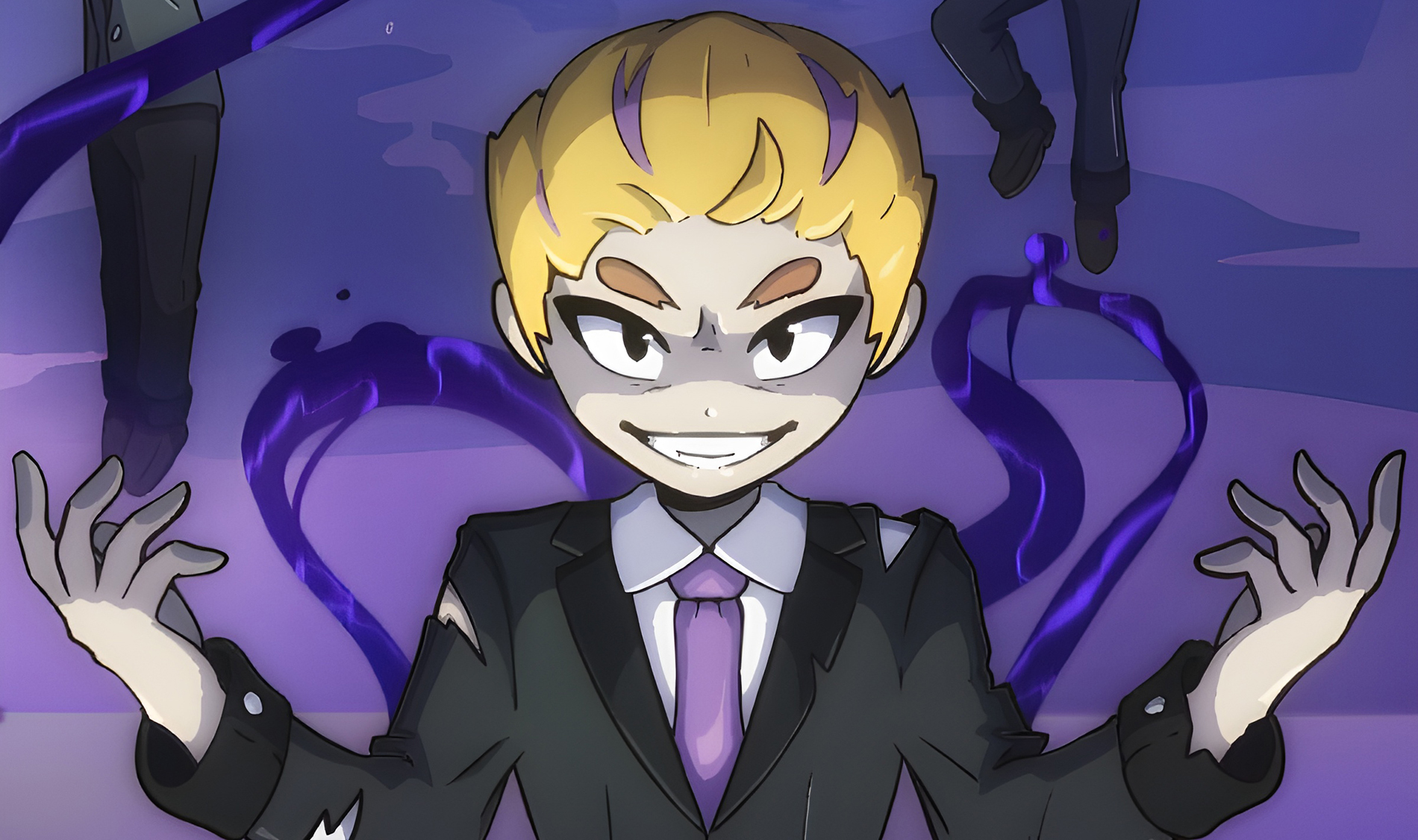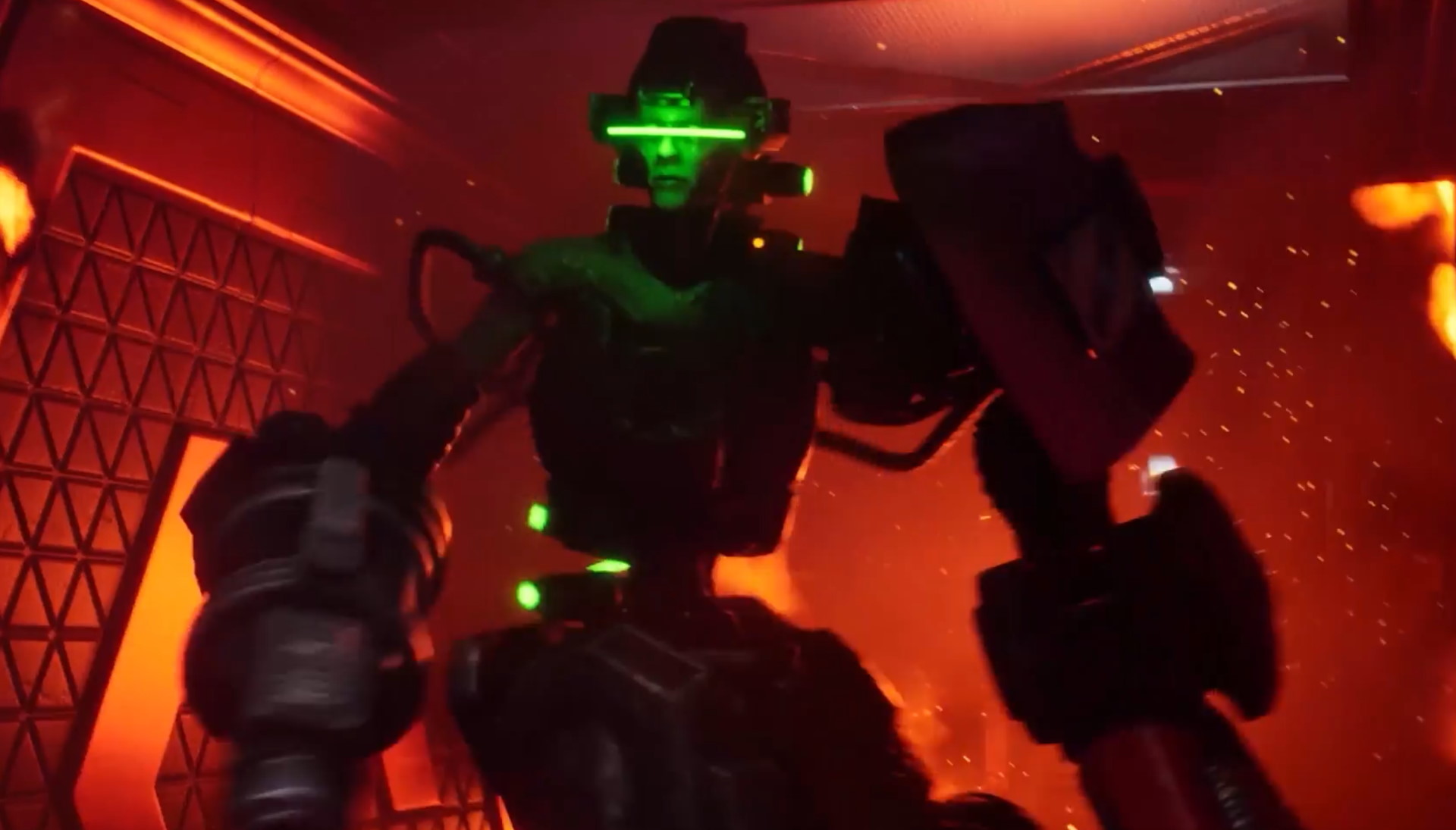In case you missed it: this past weekend saw social media platform TikTok banned completely in the US, then restored about 12 hours later thanks to the personal intervention of Donald Trump. Watching the whole series of events unfold on the app itself was chaotic, revelatory, and fascinating—and now it all feels like the morning after a slightly too wild party, where everyone’s awkwardly shuffling their feet and trying not to meet each others’ gaze.
The days leading up to the ban itself reminded me of the final days of an MMO. The server shutdown is coming, and everyone’s full of sadness and nostalgia, but also intense community spirit—and a dawning realisation that the rules no longer matter.
And on an app ruled by influencers, many of whom are not just personally invested in TikTok but financially reliant on it, all those feelings were… heightened.
High profile posters poured out their hearts in genuinely touching emotional goodbyes, many of them breaking character or a usual layer of comedic detachment to “get real for a second”. Many owe their fame, their lifestyle, and their livelihood to TikTok, often having been catapulted to popularity after first goofing off into their phone during the pandemic lockdowns—the impending ban was as good as being fired from their jobs, with all the anger, fear, and sadness that entails.
Some scrambled to organise an exodus, pushing people towards YouTube Shorts, Instagram Reels, and other platforms we’ve all already decided we hate. Flirtation with the idea of everyone moving to another east Asian-owned app like RedNote or Lemon8, whether for practical reasons or as a form of protest, led to a strange surge of both genuine and ironic pro-Chinese sentiment. One of the final viral hits was Vinny LoCasto giving a frankly inspiring performance of Jin Sheng Yuan as he prepared to make the leap.
@vinnylocasto
Others seemed to enter a state of acceptance that this phase of their lives was over—even seeming relieved to take themselves offline for the first time in years. The idea that it was all ending seemed carefree and liberating. That can be… a little intoxicating.
Before we knew it, a viral trend had gotten started pairing the audio of Family Guy’s “I did not care for the Godfather” scene with the phrase “Since TikTok’s getting banned there’s one more secret I feel I have to share with you.” Tea began to spill, messily and in great volume.
Long-hidden grievances were aired as many people’s ‘secrets’ turned out to be that they just dislike another influencer. On-screen relationships were revealed to be faked for content or PR. Two women admitted the reason their joint podcast mysteriously collapsed is because they hooked up and things got weird. That one guy whose whole shtick is that he wants to have sex with Judy Hopps revealed he’s never actually seen Zootopia.
Meanwhile, those of us in the UK, Europe, Australia, Canada and an awful lot of other territories watched on mildly baffled. While Americans inevitably acted like something happening to them was equivalent to it happening to the entire world, we sat awkwardly at the fringes. The entire population of the US leaving the app would of course affect us too—and probably all but kill it in English-speaking circles, eventually—but there is something particularly surreal about attending an end-of-the-world party when your own is scheduled to continue uninterrupted.
@garron_music
And then suddenly… it finally happened. The US vanished, and perhaps for the first time ever, the western world got to experience a social media app with no Americans on it. So, of course, we spent half a day obsessively complaining about and mocking the people who could no longer see what we were saying. Old axes could finally be ground without retort—the English furiously reasserting that food without chilli powder in it does have flavour, the Australians celebrating the dominance of the metric system, and the Europeans bonding over finally getting to point out how unfunny the Domingo era was.
But before we knew it, it was over, even more suddenly than it had begun. Americans logging back in were greeted with a pop-up thanking Donald Trump for personally assuring the owners of TikTok that they could continue operations without penalty. The dawn rose on a new day and… it was all very awkward. Those who had poured out their hearts on camera were suddenly back to business as usual, sheepishly trying to reassert their aloof personas, while those who went out burning bridges were faced with the fallout. Non-Americans tried to seem unfazed as the US got to read back over all the schadenfreude enjoyed in their absence.
@josh1morris Rent was due
Today there’s relief, but also anger—a sense of having been tricked into having feelings on a platform where detached irony is king. The involvement of Donald Trump—and TikTok’s choice to publicly name him as their saviour—has inevitably reignited political division. Already there are conspiracy theories spreading like wildfire. For example: many have decided Trump orchestrated all this as a propaganda move to grab youth support (rather than just being an inconsistent boob). Or actually no, this wasn’t a ban at all, it was server maintenance to transfer TikTok to Meta’s backend, because Mark Zuckerberg has secretly bought it. Or Trump bought it. No, it was actually MrBeast—he still has “New CEO of TikTok?” in his bio, while the actual CEO of TikTok does not, which I have to concede is damning evidence.
And underneath it, the background anxiety of the fact that TikTok hasn’t really been saved yet at all—its execution has just been delayed. Trump has given the app a 90 day reprieve (and really he hasn’t even done that yet—only promised to via executive order). It still has to battle its way through the US political system to some kind of long-term solution that increasingly sinophobic Republicans can support, even if the endorsement of the sitting president is certainly an advantage. If this all happens again in three months, will we have the energy for another frenzy of sadness, anger, love, and hate?
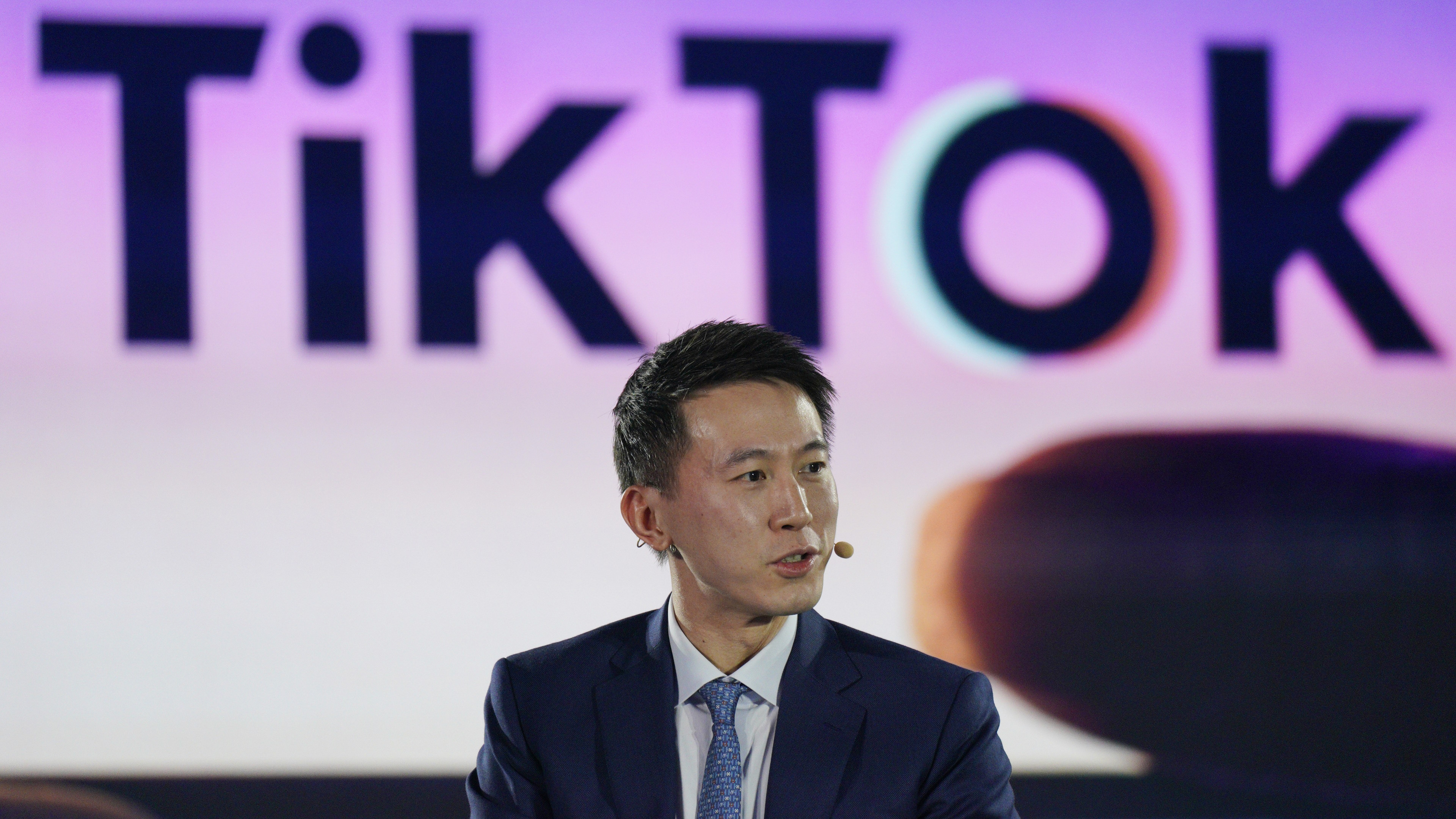
Here’s a final twist: it was really TikTok itself that organised this strange moment in history. From the court’s perspective, the ban was never intended to happen this way. The effect was supposed to be a slow fade out—TikTok would be removed from app stores, but still be usable for those who already had it downloaded, causing it to slowly choke out as new people stopped joining and existing users drifted away as new updates failed to reach them or they switched phones.
In something adjacent to malicious compliance, TikTok declared instead it would enforce the ban itself. It turned the passing of the law into a hard deadline, pushing an error message to US users explaining that they were blocked, why it had happened, and name-dropping Trump himself. The company created a ticking clock to doomsday, and then one great moment of community anger and protest, putting a spotlight on lawmakers and the incoming president. Like so many of its stars have over the years, it embraced the drama for the sake of content.
In the process, it created one of the most fascinating and emotional events I’ve ever seen on social media—and for that, I have to put aside politics and simply tip my cap. On the app where everything is entertainment, even the company’s own legal troubles became an incredible spectacle. When the ban was still looming, many commenters came to refer to the whole incident as the season finale of TikTok. Now I guess we’re onto season two—and despite a few red faces, the binge-watching continues without pause.




